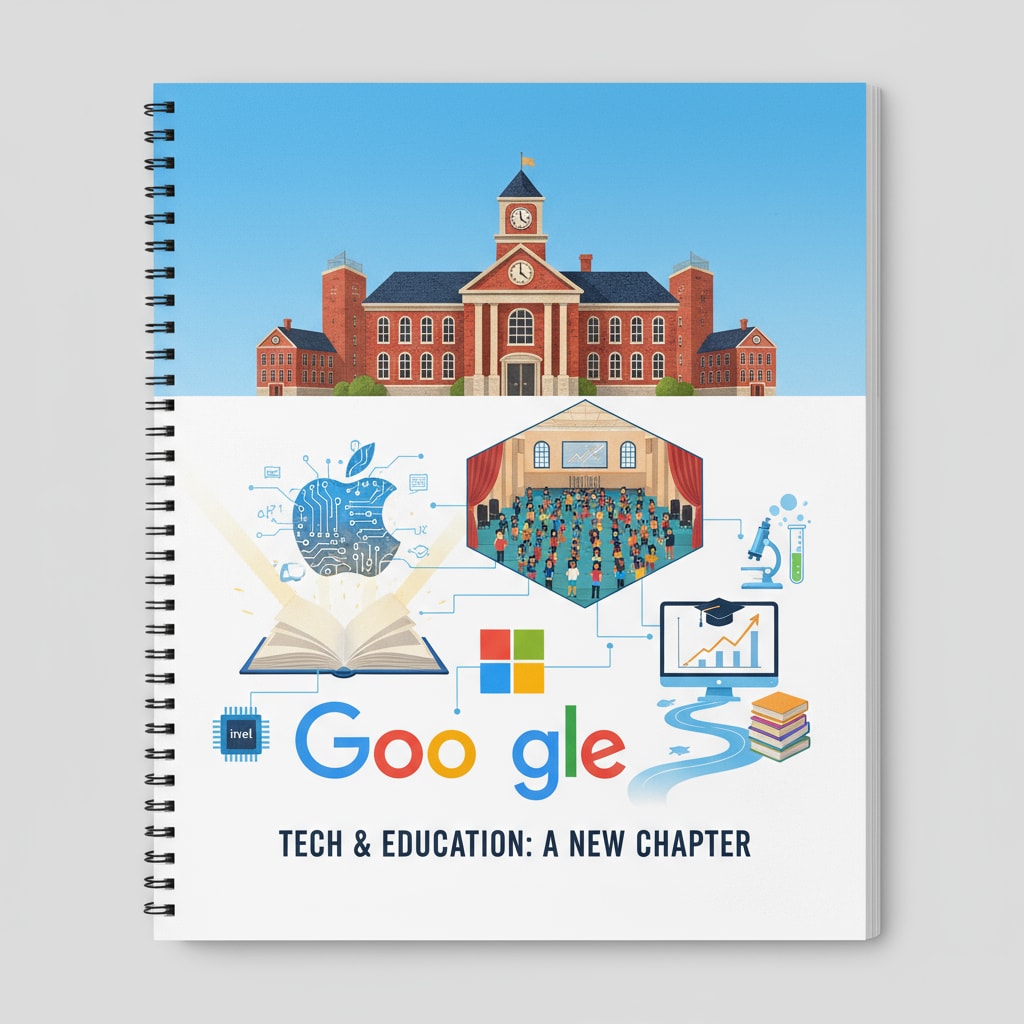The integration of AI in education through partnerships between tech companies and schools is a trend that has been rapidly gaining momentum. In the current educational landscape, the influence of these collaborations on K12 education is profound and multi-faceted.

As tech behemoths make their way into schools, they bring with them a promise of innovation, yet also a host of complex issues.
The Invasion of Tech Giants in Education
Tech giants have been making significant inroads into the K12 education system. For example, companies like Google and Microsoft have been developing educational tools powered by AI. Google’s Classroom, with its AI-driven features, aims to streamline the teaching and learning process. Microsoft, on the other hand, has been exploring how AI can enhance personalized learning experiences. These efforts are part of a larger strategy by tech companies to expand their influence in the education sector. Google Classroom on Wikipedia

The Business Logic Behind the Push
There is a clear business logic driving tech giants to enter the education market. Firstly, it presents a vast consumer base. With millions of students and educators in the K12 system, the potential for market growth is substantial. Secondly, by integrating AI into education, tech companies can gather valuable data. This data can be used to further refine their products and services, and also to gain insights into user behavior. In addition, establishing a presence in education can enhance their brand image as innovative and socially responsible entities. Artificial Intelligence on Britannica
The implications of this trend on education are far-reaching. On one hand, AI has the potential to transform learning. It can provide personalized learning experiences, adapt to individual student needs, and offer real-time feedback. For instance, AI-powered tutoring systems can identify areas where students are struggling and provide targeted support. However, on the other hand, there are concerns. There is a lack of sufficient research to fully understand the long-term effects of AI in education. Also, issues related to data privacy and bias in AI algorithms are major concerns. If not properly addressed, these could have negative impacts on students’ learning and development.
In conclusion, as tech giants continue to forge ahead with their AI education initiatives through school partnerships, it is crucial that we approach this trend with caution. While the potential benefits are undeniable, we must also be vigilant in addressing the ethical and educational challenges. Striking the right balance between technological innovation and the preservation of the essence of education is the key to ensuring a positive and sustainable future for K12 education.
Readability guidance: The article uses short paragraphs and lists to summarize key points. Each H2 section provides relevant details. The proportion of passive voice and long sentences is controlled, and transition words are added throughout to enhance readability.


